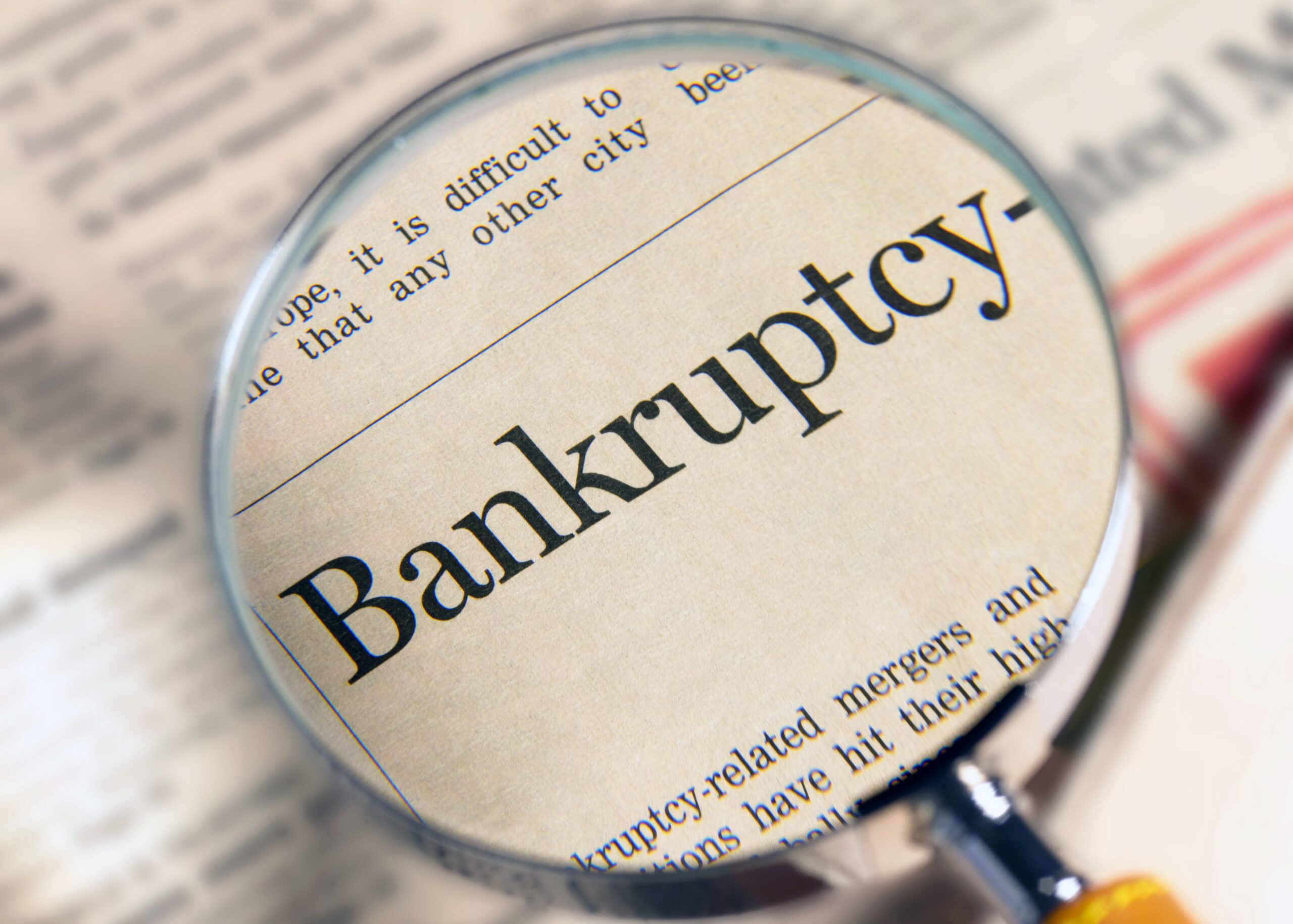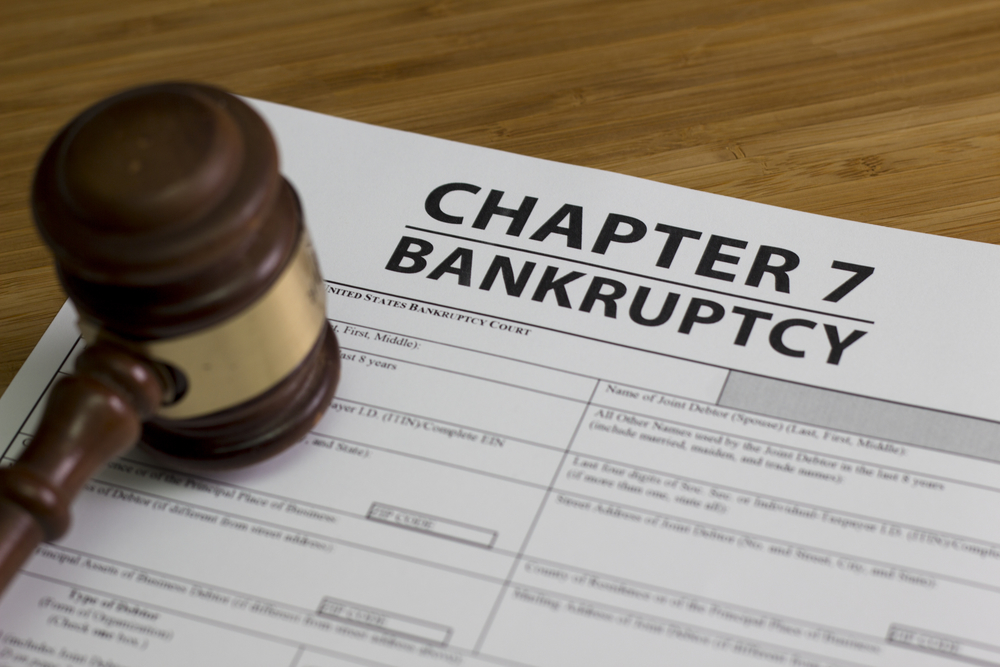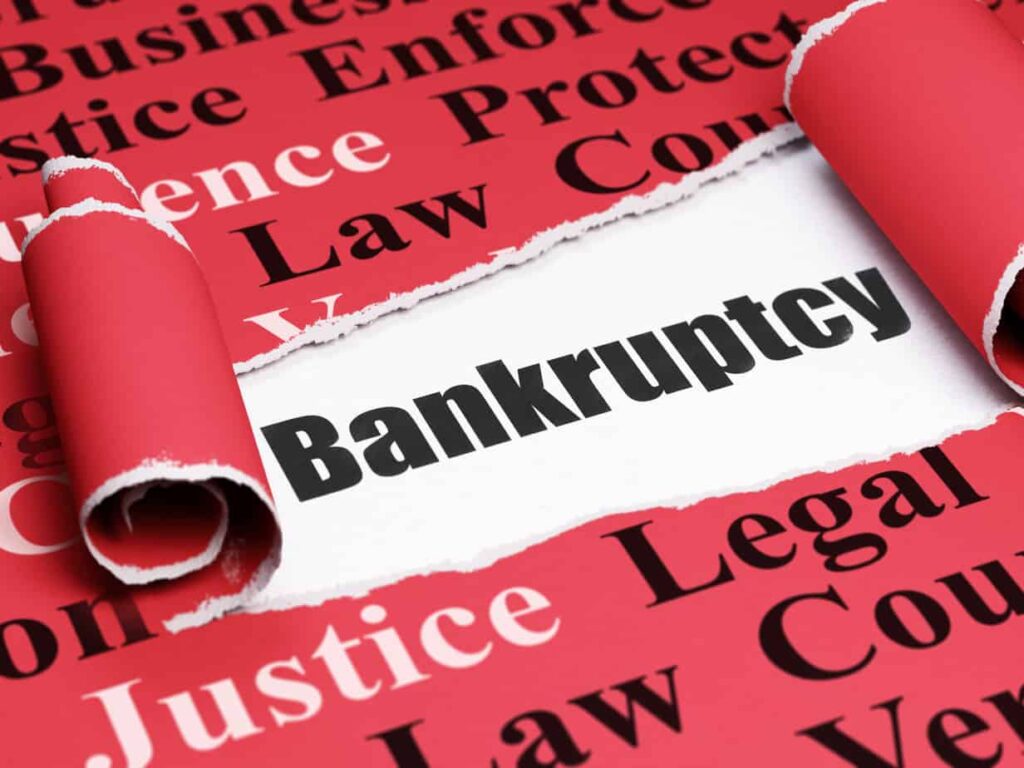Concept of Bankruptcy:
Filing for a bankruptcy can be the last option to opt for if a person is no longer able to pay back and the other options no longer hold importance.
The two most important bankruptcy are Chapter 7 and Chapter 13.
In Chapter 7 bankruptcy, it allows a person to get legally discharged from the debts which that person owes as on the date the filing for bankruptcy takes place. It may consume a time span of 3 months. One may lose few property if taken this route. If that person has already transferred the property even before going for this option, the transfer may get back to the same person.
In Chapter 13 , one is able to form a payment plan to get rid of the debts over 3-5 year of time span, which has been increased to 7 years by Congress due to this pandemic. This one is going to safeguard the property of the person and thus cut down the owed amount by paying back each month in accordance to the payment plan.

Bankruptcy process
Here providing with some factors by a post for the Oregon State Bar, legal editor Richard Slottee before getting into this process.
First, a list needs to be prepared of the user’s income and expenses. Although, the debts have been discharged in bankruptcy, one could easily take up new debt unless there is no medical or automobile insurance.
Secondly, a list of creditors need to be prepared along with their address and the total amount of owed money.
Thirdly, if you feel like taking up another debt, then you will need to file chapter 7 again after 8 years.
There are few debts which are a exemption from bankruptcy protection. If the person have already owed child support or support from partner, then no one can come out of these responsibilities via bankruptcy. Criminal restitution and criminal fines comes under those debts which bankruptcy do not protect.
Click here to check out Credit Calculators.
Fifthly, personal income taxes, bad cheques or fraud credit card activity can be discharged only upto certain limits. Student loan debt is also tough to get rid of.
Essential properties such as home, car, professional items etc. can be saved by law. It provides a certain dollar limit for such ‘exempt property’. One will have to undergo legal proceedings to claim for such exemptions.

The credit will get itself tarnished for a 10-year span if it falls under Chapter 7 and a 7-year span under Chapter 13 . It’s best to consult a lawyer for such cases to handle with supervision.
Thus, filing a bankruptcy may help you handle your debts with some time in hand if you are failing to do so. Probably, the article was of some use to you. If yes, put your comment in the comment box. Thank you in advance!
Source: A comprehensive article to support repay of debt through bankruptcy (chapter 7 & 13)







